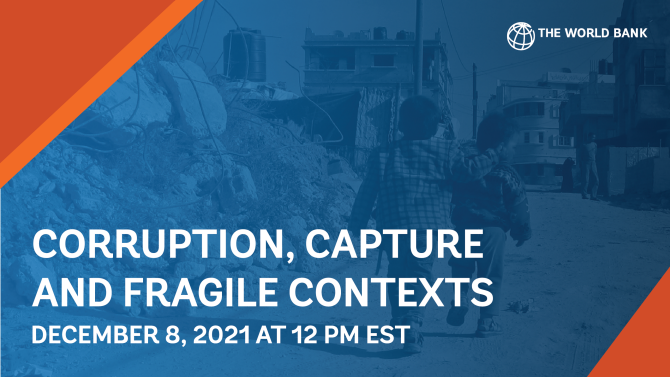Mari Elka Pangestu
World Bank Managing Director of Development Policy and Partnerships
Mari Pangestu is the World Bank Managing Director of Development Policy and Partnerships. In this role, which she assumed on March 1, 2020, Ms. Pangestu provides leadership and oversees the research and data group of the World Bank (DEC), the work program of the World Bank’s Global Practice Groups, and the External and Corporate Relations function.
Ms. Pangestu joins the Bank with exceptional policy and management expertise, having served as Indonesia’s Minister of Trade from 2004 to 2011 and as Minister of Tourism and Creative Economy from 2011 to 2014.
She has had vast experience of over 30 years in academia, second track processes, international organizations and government working in areas related to international trade, investment and development in multilateral, regional and national settings.
Most recently, Ms. Pangestu was a Senior Fellow at the Columbia School of International and Public Affairs, as well as Professor of International Economics at the University of Indonesia, adjunct professor at the Lee Kuan Yew School of Public Policy and Crawford School of Public Policy, Australian National University and a Board Member of Indonesia Bureau of Economic Research (IBER), as well as Centre for Strategic and International Studies (CSIS), Jakarta.
Ms. Pangestu is highly regarded as an international expert on a range of global issues. She served as Chairperson of the Board of Trustees of the International Food Policy Research Institute (IFPRI) in Washington D.C and as advisor to the Global Commission on the Geopolitics of Energy Transformation of International Renewable Energy Agency (IRENA) in Abu Dhabi. Her record of board and task force service includes the Leadership Council of the UN Sustainable Development Solutions Network (SDSN), co-chair of the expert group for the High-Level Panel for a Sustainable Ocean Economy, the panel of the WHO health initiative, the Equal Access Initiative, commissioner for the Low Carbon Development Initiative of Indonesia and executive board member of the International Chamber of Commerce (ICC). She has also served on the board of a number of private sector companies.
She obtained her bachelor’s and master’s degree in economics from the Australian National University, and her doctorate in economics from the University of California at Davis. She is married and has two children.








